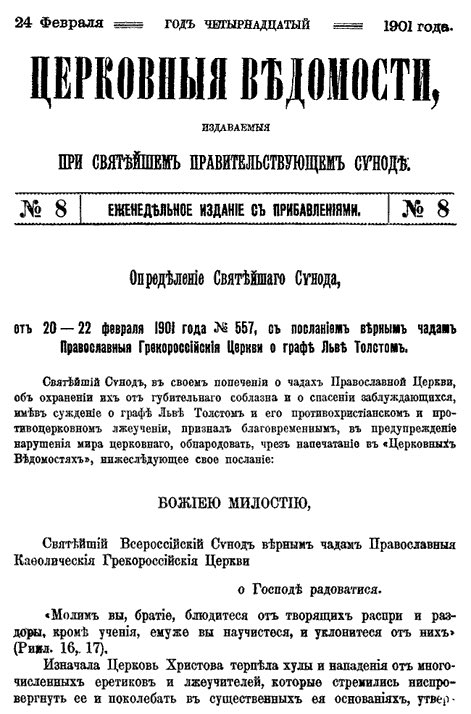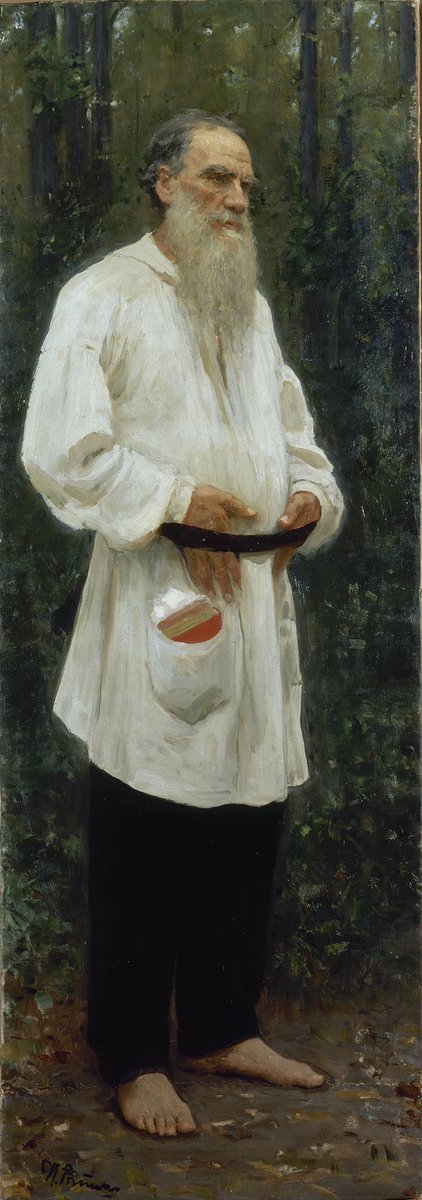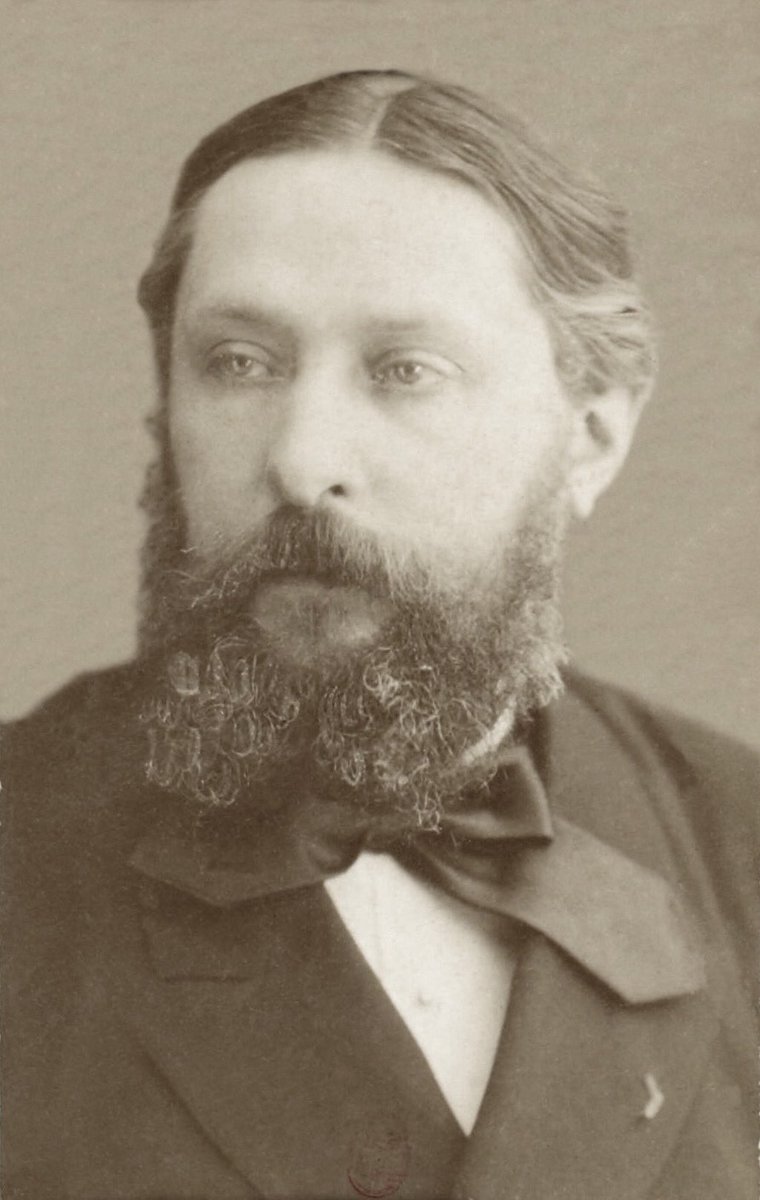
So here is another translation of a fragment of an interview with Edvard Radzinsky, this time on BBC Russian service, around 2015.
And in it he explains why he originally decided not to become a historian, in spite of graduating with distinction from Moscow’s very
And in it he explains why he originally decided not to become a historian, in spite of graduating with distinction from Moscow’s very
prestigious Historico-Archival Institute & then why in 1990 he returned to history abandoning his life as Russia’s most famous playwright, a life that he greatly enjoyed. (In terms of number of translations and performances abroad he remains Russia’s second most successful
playwright ever - after Chekhov.)
This should be of interest to everyone interested not just in Russian history but in the profession of the historian itself and in part I it shows why this profession is an entirely different thing in Russia and in the West. The fact that many
This should be of interest to everyone interested not just in Russian history but in the profession of the historian itself and in part I it shows why this profession is an entirely different thing in Russia and in the West. The fact that many
Westerners, including many Western historians, seem unable to grasp this distinction is one reason why the understanding of Russia (and, frankly, not only Russia) temains so poor in the West.
My translation below begins in the middle of a sentence…
...but people must see it, because otherwise my presence is not needed, they can just read about it in Wikipedia and so on. The world really is a theatre and those acting don’t realise they are actors.
And so I, as someone who came here from the theatre, … you know, in 1990 just when Perestroika began, that is 25 years ago.
Then they permitted me everything, that is all these plays which they had long not allowed to be performed were permitted and I have 9 plays performing simultaneously in Moscow.
Nine plays in the very best of our theatres. At this moment happened something that became fatal to my fate as a dramatist. They opened the archives. And I, who graduated from the Institute of History and Archives,
and who once decided not to become a historian, because I realised that it was a faculty of a non-existent science, that it is, as if, an escort for the classics of Marxism-Leninism…
I had an absolutely charming experience when I came to the Institute. I was shown a professor. In the History and Archives institute they said: you know he began in the 1920s.
His first work was about Shamil (en.wikipedia.org/wiki/Imam_Sham… ). Shamil as the leader of a movement of national liberation. But in the 1930s, under Yosif Vissarionovich, the view changed and Shamil became an agent of imperialism.
He admitted his error. Then came the Patriotic War, and the national was needed, and Shamil again became the leader of a national liberation movement, and he admitted an error in in that he admitted an error.
In 1949 the unfortunate Shamil again became an imperialist agent and he admitted an error in admitting an error in admitting his error…
And I realised that this path will end for me tragically. And then I decided no. I completed the institute with distinction, but I will not occupy myself with this.
And now I could return and understand that which was always tormenting me: how could it have happened that, how this state with powerful police, enormous army, etc, collapsed under the force of who?
And then I understood that it means giving up all. Why all? Because it is monasticism. You need to understand how this brilliant theatre, where all actresses are just over 20 and the actors a little over thirty, this mirage was now over for me.
And you see, I loved it, but I had to leave because I knew that this is my country, today there is perestroika but there will be something entirely different and therefore as long as the archives are open I have to.
• • •
Missing some Tweet in this thread? You can try to
force a refresh







